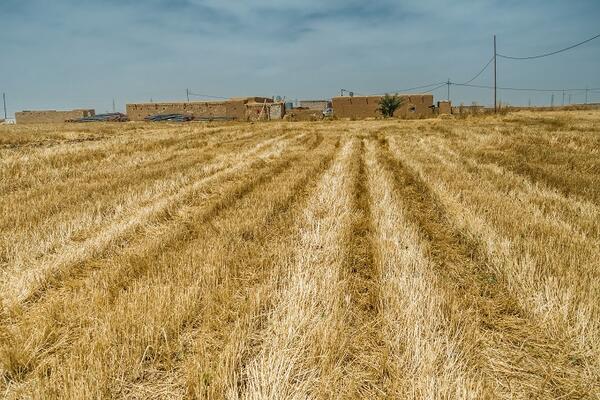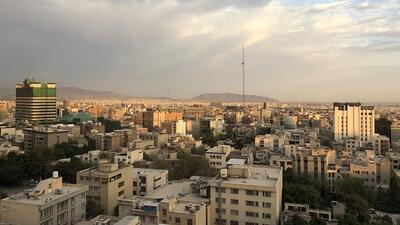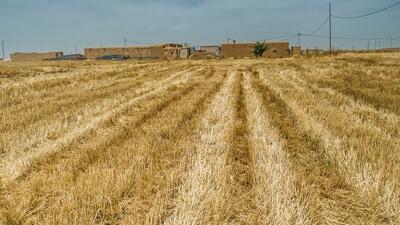
Promoting inclusive economic growth and job creation in Iraq (en)
Unemployment remains a persistent challenge in Iraq especially for youth and women. Many internally displaced persons are unemployed, underemployed, informally employed, or out of the labour force. The COVID-19 pandemic has further compounded these employment challenges. In this context, providing jobs and livelihoods remains a high priority in order to promote social cohesion and improve resilience.
Agriculture has the potential to make a major contribution to employment in Iraq but is affected by low farm productivity, weak value chains and a challenging business environment. To address this, the EU is launching a EUR 22.5 million project, `Strengthening the agriculture and agri-food value chain and improving trade policy’ (SAAVI). The five year project is being implemented by the International Trade Center (ITC) in close collaboration with the Government of Iraq and other local partners
SAAVI seeks to enhance the competitiveness of agriculture and related activities and improve trade policy in Iraq. It will address farm and firm level challenges and strengthen the value chains in the agriculture sector. This will be done through analysis of the value chain, introduction of new production strategies and training to farmers on product diversification for domestic markets.
It will also build the capacities of micro, small, and medium enterprises and broaden the knowledge and skills base for youth including training on entrepreneurship and business skills. Technical and vocational skills programmes will also be strengthened to better match the needs of the private sector.
Support will also be given to policymakers and key institutions involved in the WTO accession process, including capacity building on trade negotiation, policy formulation, and coordination. WTO membership will help Iraq to complete domestic policy and reforms for the modernization of its business environment and achieve effective integration into global economy. Since the process of negotiation towards WTO accession is unique to each country, project activities will assist officials throughout the process.
The EU Ambassador to Iraq, Mr Martin Huth said “The EU is committed to supporting efforts to increase economic opportunities across Iraq. Agriculture value chains have the potential to provide decent work to many young Iraqis, men and women. At the same time, the project will support the Iraqi government as it develops its trade policy and progresses towards the country’s accession to WTO, which is a key component of economic development and job creation.”
The Executive Director of the International Trade Centre, Ms Pamela Coke-Hamilton said, “ITC is committed to assist the government and MSMEs in Iraq to increase the competitiveness and diversification of the economy. We will use our experience in strategy design and value chain development to support MSMEs in the country better realize their potential for job creation and income generation. Together with our partners, we will strengthen the agriculture and agri-food value chain, and support trade policy interventions aligned with government priorities”.
Unlocking the potential of the agriculture sector of the country will lead to the creation of employment and entrepreneurial opportunities for youth particularly those living in rural areas who have been affected by prolonged conflict. The project will also contribute to mitigating the socio-economic impact of the COVID-19 pandemic, which is presenting new challenges for Iraq, and help in the reconstruction of the rural economy.
It forms part of the overall EU approach to employment creation, private sector development and agribusiness in supporting economic recovery and reform in Iraq.





